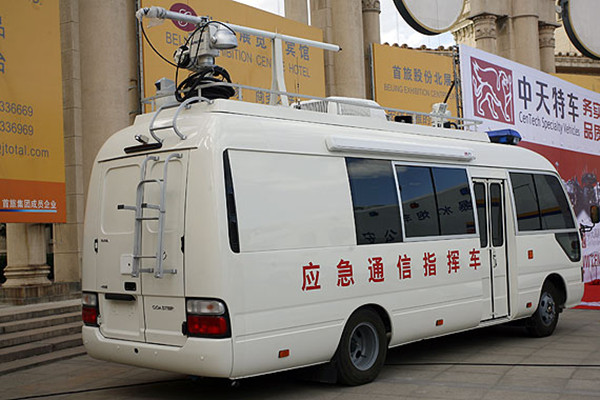The Iveco brand car is a joint venture established by Fiat and Nanjing Automobile Group. Today, we will talk about how its command car needs to maintain the engine. 1. Select quality lubricants There are two types of engines to choose from: petrol engines and diesel engines should be selected according to the circumstances of the selection of lubricants, and the selection criteria to be no less than the manufacturer's requirements prevail. 2. Regular oil change No matter what quality of lubricant is used on the vehicle, the oil quality will change during the process. And after a certain mileage, performance will deteriorate, which will bring various problems to the engine. Therefore, in order to avoid the occurrence of failure, the driver should change oil regularly in combination with the conditions of use, and make the amount of oil moderate. When the oil passes through the fine pores of the filter, solid particles and viscous substances in the oil accumulate in the filter. If the filter is blocked and the oil cannot pass through the filter element, it will burst the filter element or open the safety valve. Passing the bypass valve will still bring the dirt back to the lubrication area, which will cause the engine to wear out and the internal pollution will increase. 3. Regularly remove contaminants around the PCV valve. Iveco Command Cars Most petrol engines now have a PCV valve that can cause the engine to ventilate, but contaminants in the helium gas can accumulate around the PCV valve, which can cause the valve to clog. If there is a PCV valve clogging, the contaminated gas will flow into the air filter reversely, contaminating the filter element, reducing the filtration capacity, and further contaminating the crankcase, resulting in increased fuel consumption, increased engine wear, and even damage to the engine. Therefore, regular maintenance of the PCV is required to remove contaminants around the PCV valve. 4. Periodically clean the crankcase When the engine of the Iveco command vehicle is in operation, the high-pressure unburned gases, acids, moisture, sulfur and nitrogen oxides in the combustion chamber enter the crankcase through the gap between the piston ring and the cylinder wall, and the components wear out. The resulting metal powder is mixed together to form sludge. When the amount is small, it will be suspended in the oil. When the amount is large, it will precipitate from the oil and soon it will clog the filter and the oil hole. This will cause the engine to be difficult to lubricate and cause wear. It is generally known that oil will oxidize at high temperatures to form a paint film and deposit carbon on the piston, so that the engine oil consumption increases, the power drops, and the piston rings get stuck and pull the cylinder severely. Therefore, regularly use the lubrication system to clean the crankcase with a quick and efficient cleaning agent to keep the interior of the engine clean. 5. Regular maintenance tank When the Iveco command car 's engine is used for a period of time, the most common problems are water tank rust and scaling. These problems will limit the flow of coolant in the cooling system, reduce heat dissipation, cause the engine to overheat, and even cause engine damage. Regular use of the BG540 cleaning tank will remove rust and scale, which will not only ensure proper operation of the engine, but also extend the overall life of the tank and engine. The above is the maintenance process of Iveco's command car engine. I hope to help drivers!
EJ Industrial Group Co.,Ltd is a leading professional valves manufacturer in China.
Our industry valves products range cast steel and Forging Steel Floating Ball Valve, Trunnion Mounted Ball Valve, Dbb Ball Valve, Gate Valve , Globe Valve , Check Valve and high performance butterfly valves. The fields we serve include oil and gas, LNG, refinery, chemical, pharmacy, mining industry, and so on.
All our products are manufactured and tested according to international standards API 6D, API6A, API600, ANSI B16.34, API607, API6Fa, API 591, API594,API609, API602, BS5153, BS1868, BS1873, DIN3202, DIN3352, BS5163, BS5153,BS5150, AWWA C509, API598, and EN12266.
Floating Ball Valve,Cast Steel Floating Ball Vavle,Forging Steel Floating Ball Valve,Ball Valv EJ INDUSTRY GROUP , https://www.ej-industry.com